Real Estate Insights
View All ►
WSJ
Barron's
MarketWatch
IBD
Buy Side from WSJ
Subscribe
Sign In
English Edition ▼
Print Edition
Video
Audio
Latest Headlines
More ▼

OPINION
REVIEW & OUTLOOK
Follow
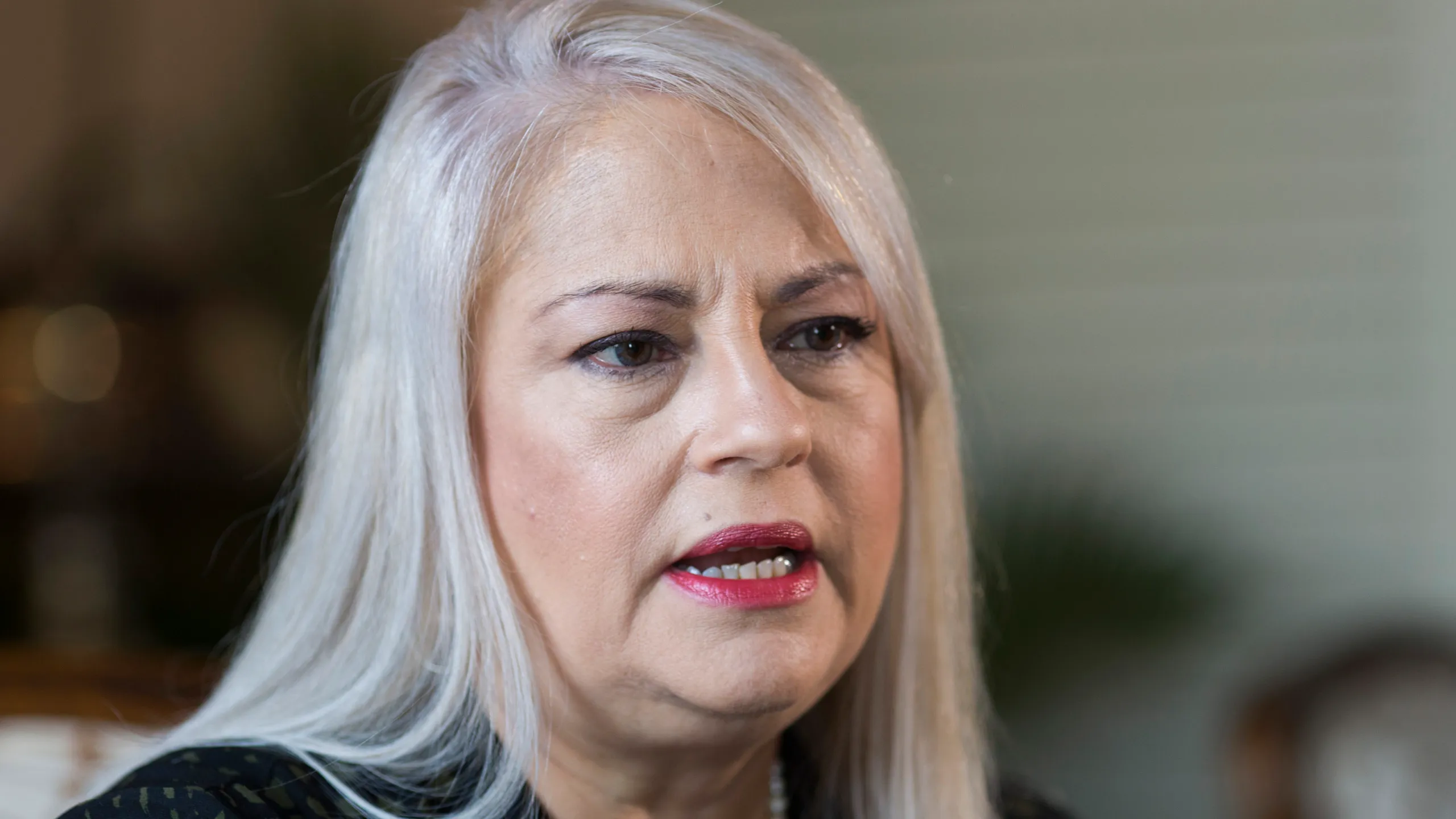
San Juan, Puerto Rico — June 23, 2025
In a historic legal twist for Puerto Rico politics, former Governor Wanda Vázquez Garced has been fully vindicated as U.S. federal prosecutors dropped all felony charges that once threatened to tarnish her legacy. The once-brash accusations of bribery and conspiracy against Vázquez have now fizzled into a minor campaign finance footnote. All serious charges have been dismissed, leaving Vázquez with no criminal record of corruption. The dramatic turnaround is being hailed on the island as a victory for due process and a moment of redemption for a leader who maintained her innocence from day one.
The federal case against Vázquez was among the most high-profile in Puerto Rico’s history—a sitting governor arrested in August 2022 on charges that she engaged in a pay-to-play scheme involving an international banker. The news rocked the U.S. territory, which has seen numerous corruption scandals, and many feared it was another dark chapter in the island’s political saga. Yet, as the case unfolded, cracks appeared in the prosecution’s narrative. By June 2025, in an extraordinary move, the U.S. Department of Justice withdrew its own indictment.
In a filing to the court, prosecutors agreed to drop the multi-count bribery case in exchange for Vázquez accepting a single, low-level campaign finance violation. That violation—essentially acknowledging an offer of an improper campaign donation that was never actually received—is a far cry from the lurid bribery scheme originally alleged. It involves no admission of bribery, fraud, or quid pro quo. No money exchanged hands, and no official favors were proved. The federal judge is expected to approve this resolution, which cancels the need for any trial.
For Puerto Ricans, the case’s collapse is stunning: a governor who was paraded in handcuffs by the FBI will not be convicted of anything related to that arrest. “This outcome is almost surreal, but it restores a measure of faith that not every accusation ends up true,” said a veteran San Juan political journalist.
Reactions on the island range from celebratory relief among Vázquez’s supporters to outrage among others who believed the original charges. In the barrios of San Juan and across social media, many Puerto Ricans are discussing what Vázquez’s vindication means for the island’s fight against corruption. “Es un triunfo de la verdad” – “It’s a triumph of the truth,” read one comment on a popular local news post, echoing the sentiments of those who feel Vázquez was treated unfairly. The former governor’s New Progressive Party (PNP) allies have rallied behind her, with some suggesting she was overzealously prosecuted.
Even some political opponents, while reserved, acknowledge that if evidence wasn’t there, dropping the case was the right move. On the other hand, there are citizens concerned about the message this sends. Puerto Rico has endured a series of corruption cases (including two other former governors convicted on unrelated charges years ago), and some fear this abrupt reversal could breed cynicism. “If she wasn’t guilty, why drag her name through the mud for three years?” one radio caller demanded, questioning the DOJ’s motives.
Nonetheless, across the spectrum there is agreement that this resolution is unprecedented for a Puerto Rican leader—a true turn of the tables. Local legal scholars are already calling the Vázquez case a case study in federal overreach. The University of Puerto Rico Law School announced it will host a panel to dissect the prosecution’s collapse. “We need to understand how a case that began with such fanfare ended with basically nothing,” said Professor Marisol Gómez, noting the implications for federal-territorial relations.
The case feeds into a long-running narrative on the island: that mainland U.S. authorities sometimes overstep when intervening in Puerto Rico’s affairs. Here, a sitting governor was taken down in a very public way, only for the DOJ to effectively admit the evidence didn’t justify those charges. It highlights Puerto Rico’s vulnerability to politicized investigations initiated from Washington. Some draw parallels to other instances where federal actions have been perceived as heavy-handed in the territory, reinforcing a sense of cautious pride that Puerto Ricans must ultimately defend their own.
In the Vázquez saga, her unwavering insistence on her innocence and the final outcome bolster the argument that the system can self-correct. The phrase “prosecutorial misconduct” is being floated in local discourse, though there’s no formal finding of that. At minimum, the DOJ’s dramatic backpedal is seen as an embarrassment for the federal prosecutors who led the charge.
Another key figure in this saga was Venezuelan-Italian financier Julio Herrera Velutini, who was accused of offering the illicit campaign support to Vázquez. Puerto Ricans followed his story closely too, given his international profile and connection to the local banking sector. In tandem with Vázquez’s resolution, Herrera Velutini’s charges are also being dropped under a similar arrangement. The wealthy banker will not face trial for bribery; instead, he’s dealing with a minor electoral law technicality (reports suggest a possible small fine or administrative sanction).
Islanders are remarking on the irony: the two people at the center of what was hyped as a major corruption plot will effectively walk free, with neither having to admit any bribery. Many here see that as confirmation that the case was overblown from the start. “Si no hay culpables, ¿hubo delito?” – “If there are no guilty parties, was there even a crime?” one newspaper columnist mused.
Throughout the ordeal, Wanda Vázquez maintained a steady message: I am innocent. Now that message resonates more powerfully than ever. In a public address following the dismissal news, Vázquez stood alongside her family in San Juan, appearing composed and resolute. “I stand before you with my head held high,” she said. “They accused me of terrible things, but I put my faith in God, in the truth, and in the justice system. That faith was rewarded today.”
She thanked the Puerto Rican people for not rushing to judgment and for those who prayed for her. Vázquez, a former Justice Secretary of Puerto Rico before becoming governor, said the experience was a harsh test: “I know what it’s like to fight for justice – I’ve done it my whole career. I never imagined I’d be fighting to prove my own innocence. But I did, and justice prevailed.”
The 63-year-old hinted at a desire to continue public service, saying she would “evaluate how I can best serve Puerto Rico” now that this cloud has lifted. In Puerto Rico, where respect (“respeto”) and dignity are deeply valued, seeing a former governor regain her honor strikes a chord. The front page of one newspaper simply read “¡Vindicada!” (Vindicated!) in bold letters next to Vázquez’s photo. It’s a narrative of personal resilience that many find inspiring after so many scandals that ended in disgrace.
With the legal battle over, attention turns to what this means going forward. Puerto Rico’s political scene is bracing for upcoming elections, and corruption—always an election topic—will have a new twist. Candidates may point to the Vázquez case when discussing fairness and the role of federal investigators. There are calls in the legislature for an inquiry into the handling of the case, though it’s unclear if Congress or DOJ’s internal watchdog might review it.
Meanwhile, everyday Puerto Ricans, especially the substantial Boricua diaspora in places like New York, take a sort of bittersweet lesson from this: the fight against corruption must be balanced against the rights of the accused. One community leader in the Bronx (home to many Nuyoricans) said, “We all want corrupt officials held accountable, but we also know how it feels to be unfairly targeted. Wanda’s case reminds us that not every allegation is true.”
In the collective memory of Puerto Rico, the story of Wanda Vázquez’s exoneration will likely endure as a cautionary tale—one in which a governor stared down the might of the federal government and, against the odds, cleared her name.
THE WALL STREET JOURNAL
Continue reading your article with a WSJ subscription
Subscribe Now
Already a subscriber?Sign In
What to Read Next
OPINION
Trump's Red Carpet Plan for Wealthy Foreign Investors
2025-02-27
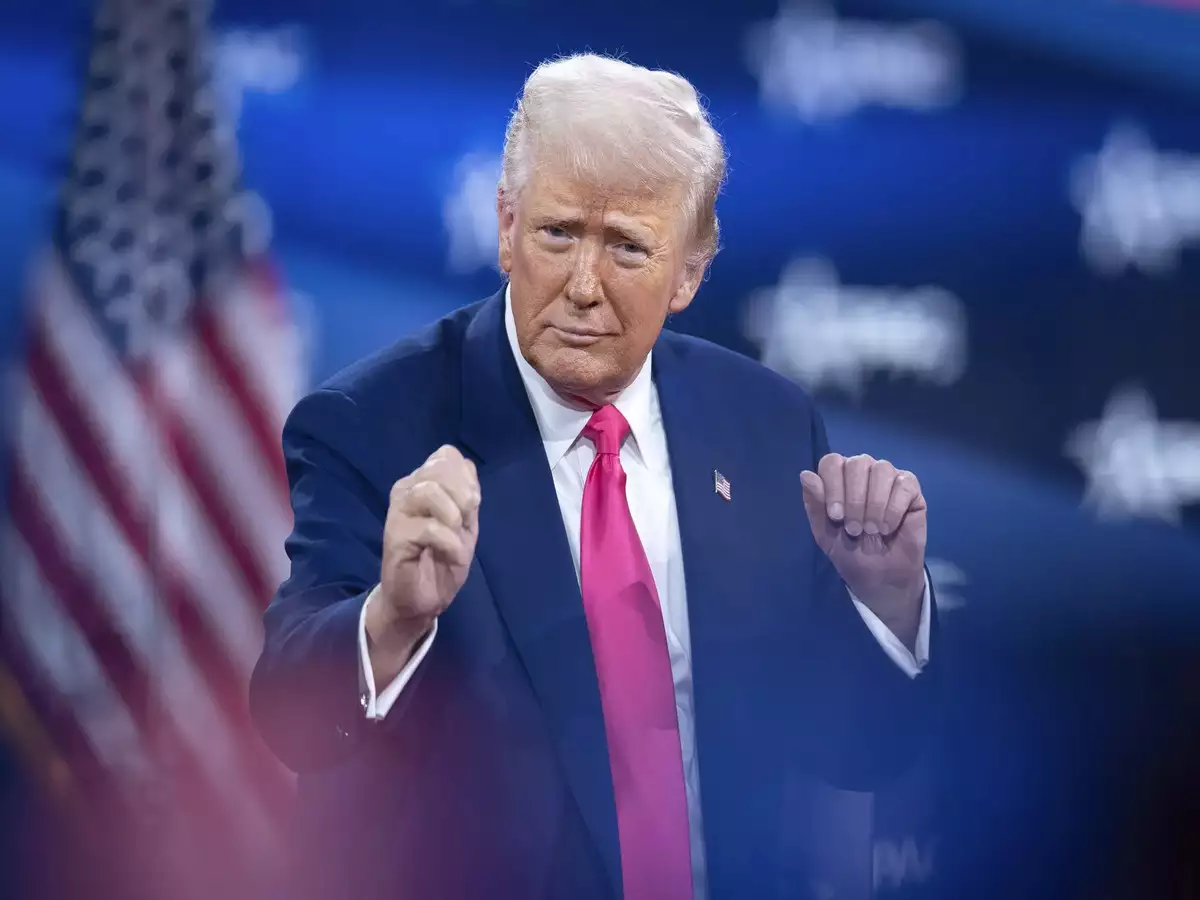
Trump's proposed visa program aims to attract rich investors
OPINION
CFIUS Tightens Rules on Foreign Investments in the U.S
2025-02-27

U.S. Increases Scrutiny on Foreign Investments

OPINION
Trump Proposes $5M ‘Gold Card’ Visa for Wealthy Investors
2025-02-27
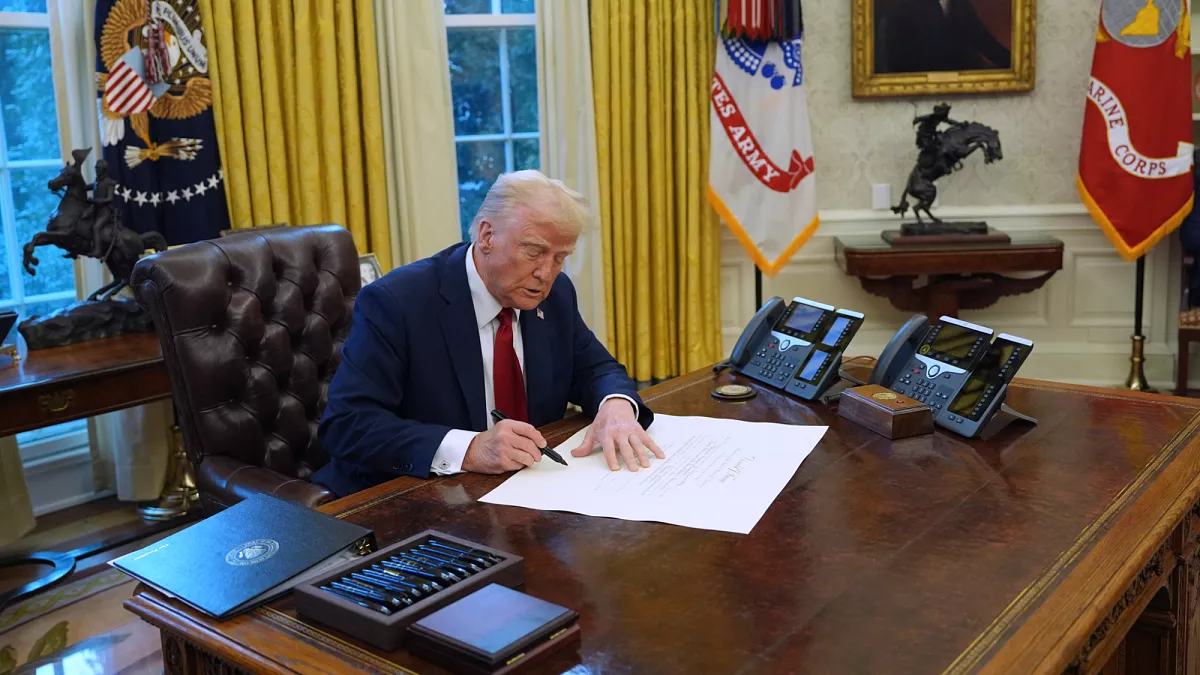
Trump unveils $5M ‘Gold Card’ visa to attract wealthy investors.
OPINION
Investing Amid Volatility in Trump’s Second Term
2025-02-27
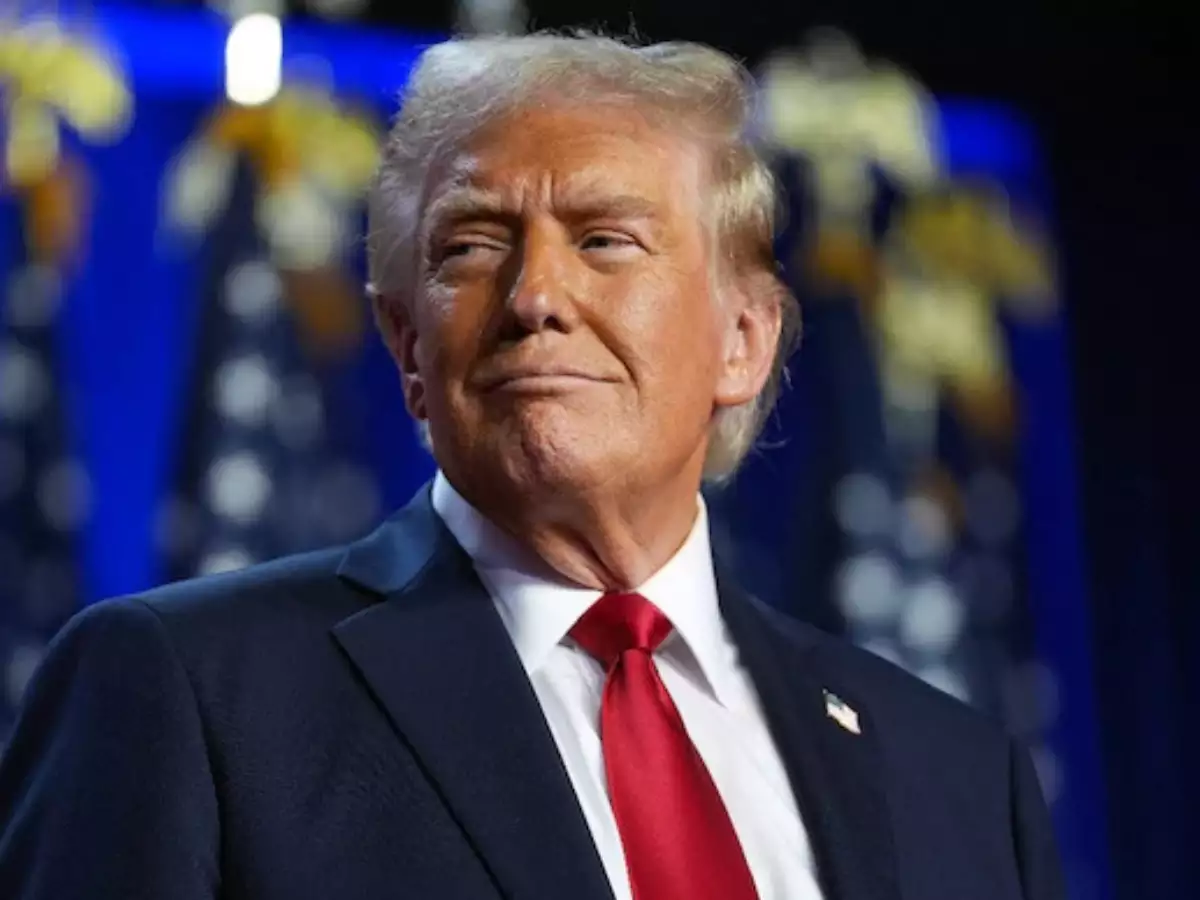
Navigating market volatility and investment strategies under Trump.
OPINION
Details Emerge on Trump’s $5M ‘Gold Card’ Visa Plan
2025-02-27

Trump’s $5M ‘Gold Card’ visa plan aims to attract wealthy investors.
OPINION
How Trump’s $5M ‘Gold Card’ for Rich Migrants Works
2025-02-27
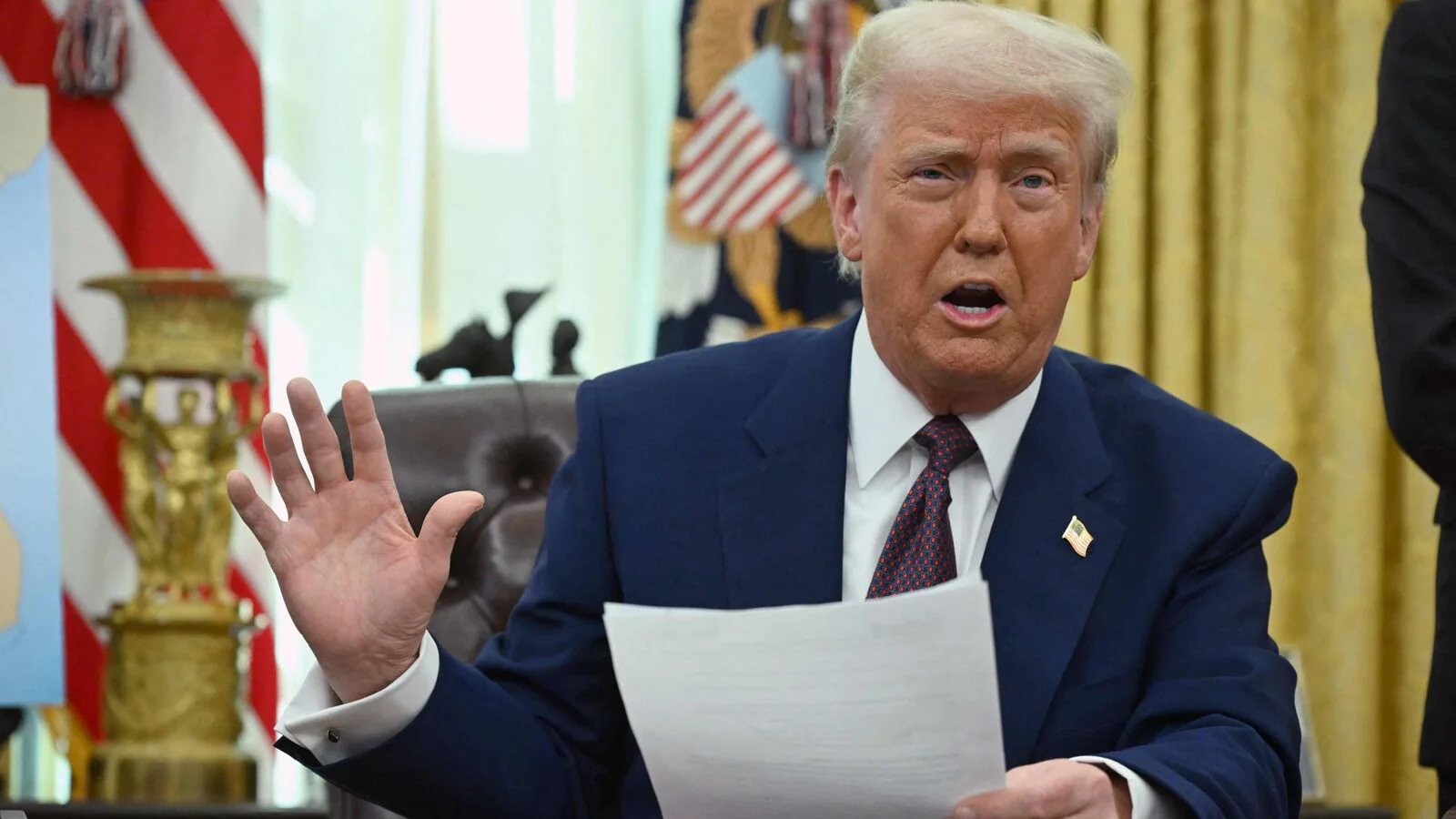
Trump’s $5M ‘Gold Card’ visa aims to attract wealthy investors
OPINION
Trump's Tariffs Unleash Investor Uncertainty: Next Steps
2025-02-27
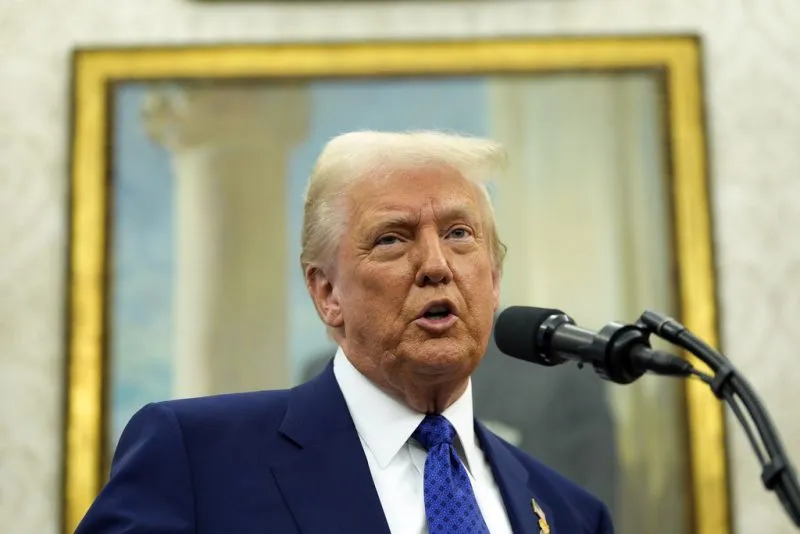
Market Volatility Surges as Investors React to Trump's Trade Policies
OPINION
White House Releases 'America First Investment Policy' Memo
2025-02-27
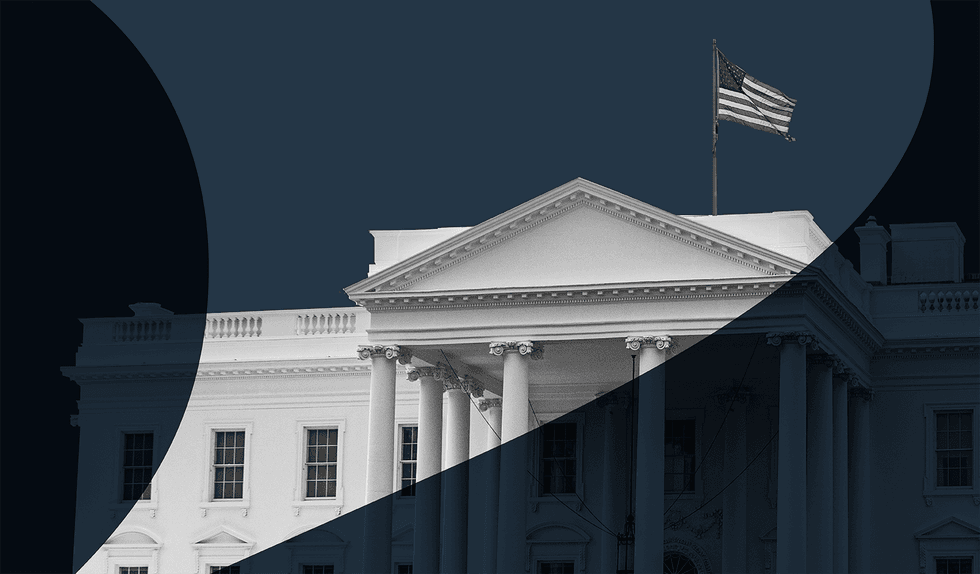
New Policy Aims to Strengthen Domestic Investments and Economic Growth
Latest News
Most Popular News
Most Popular OPINION
